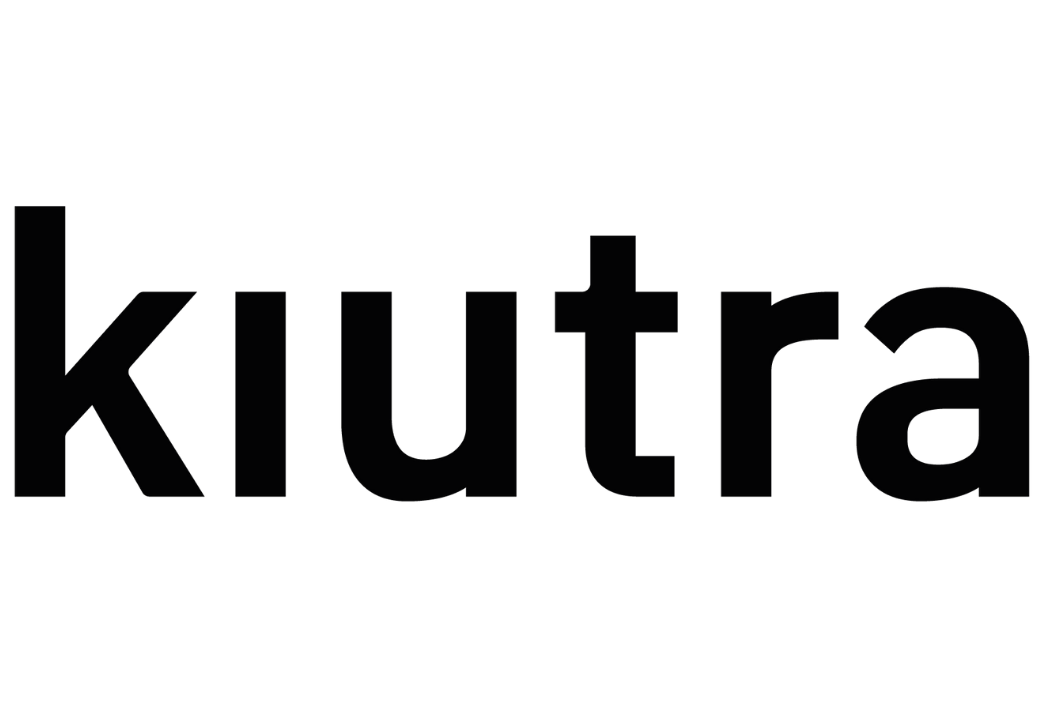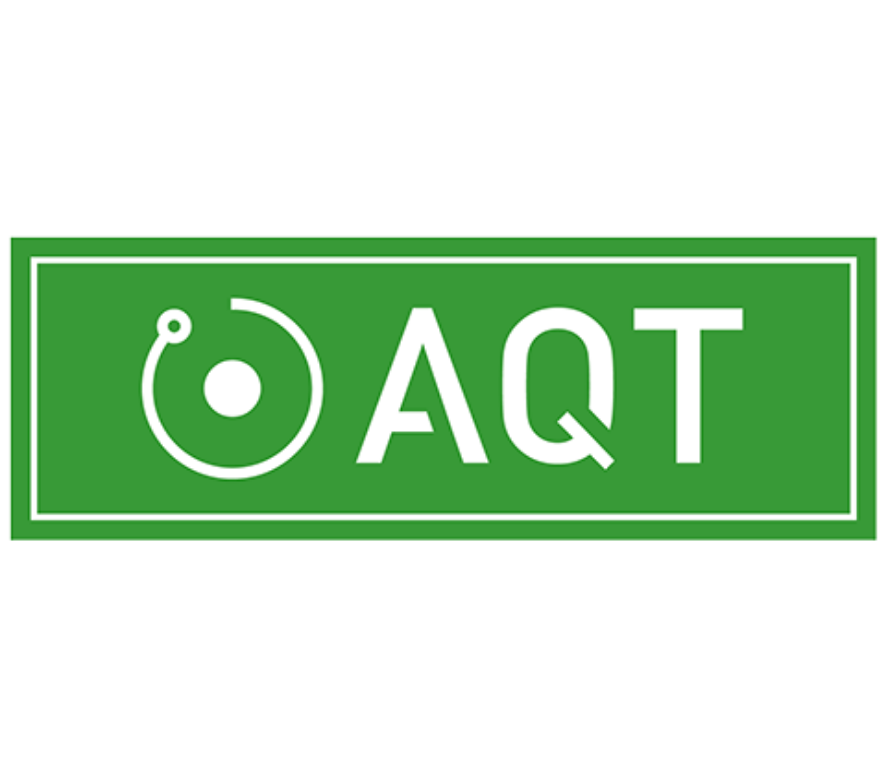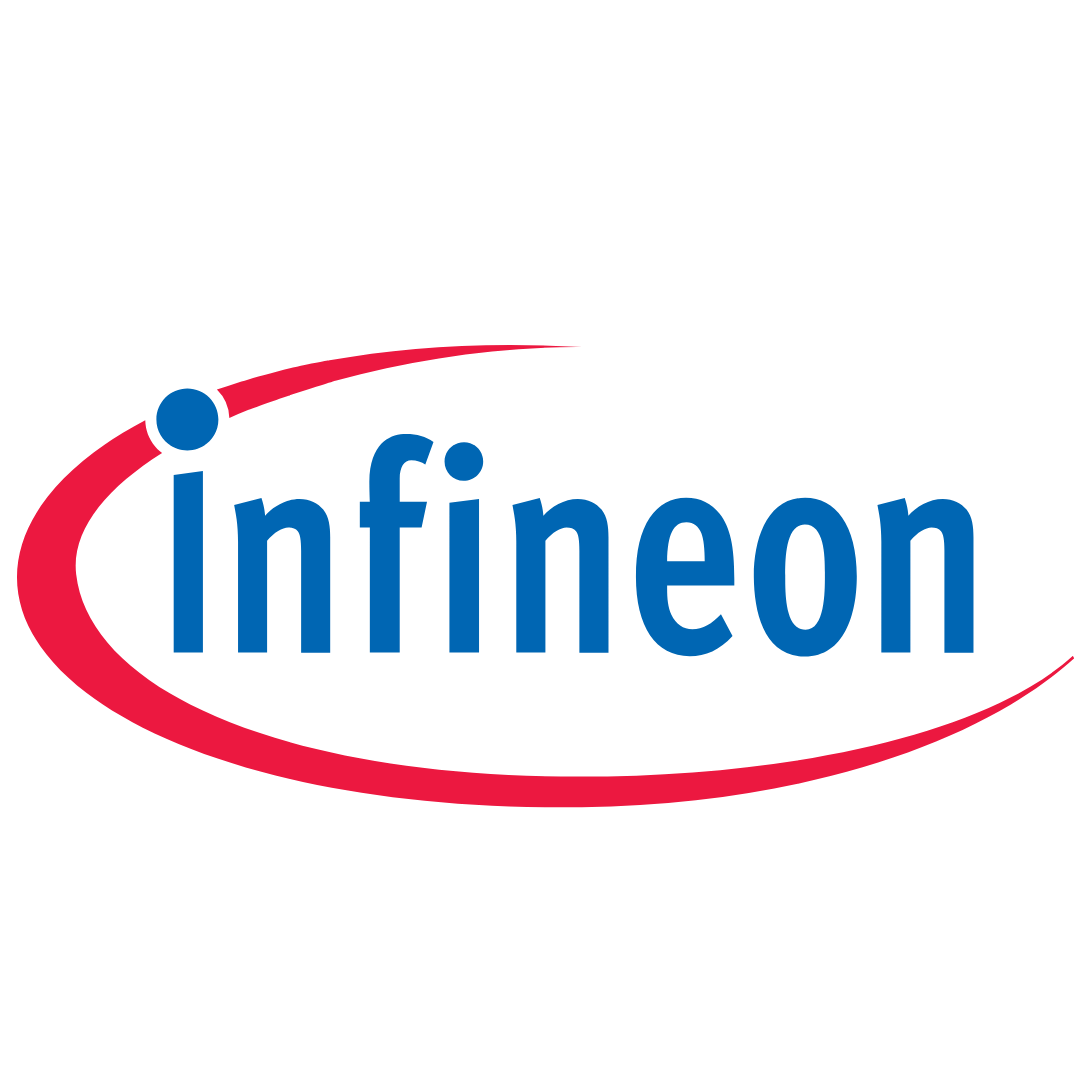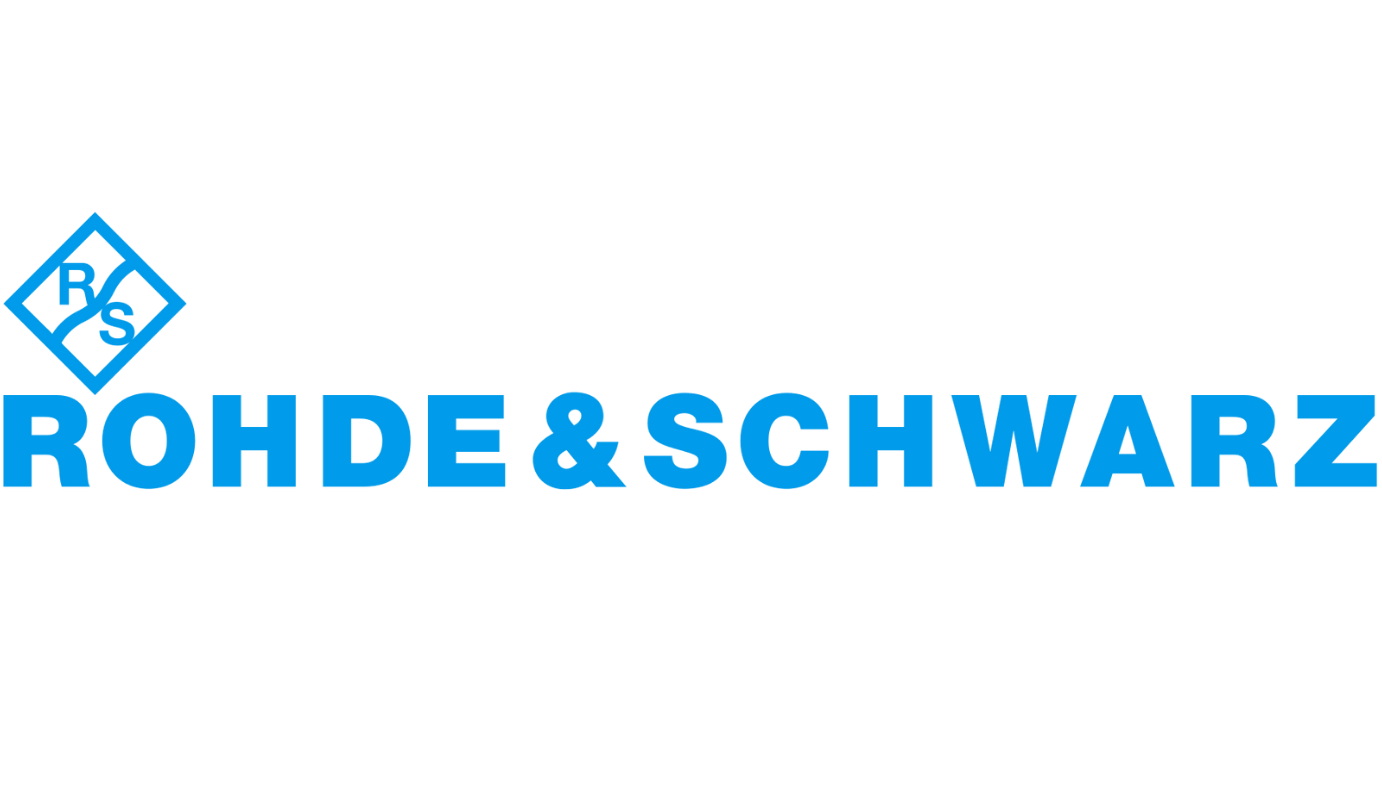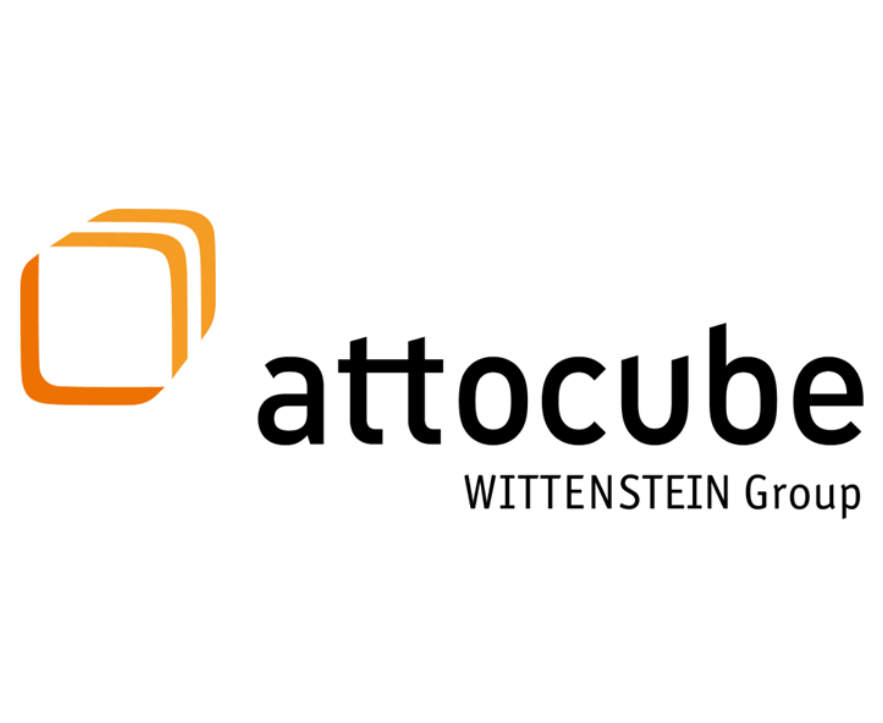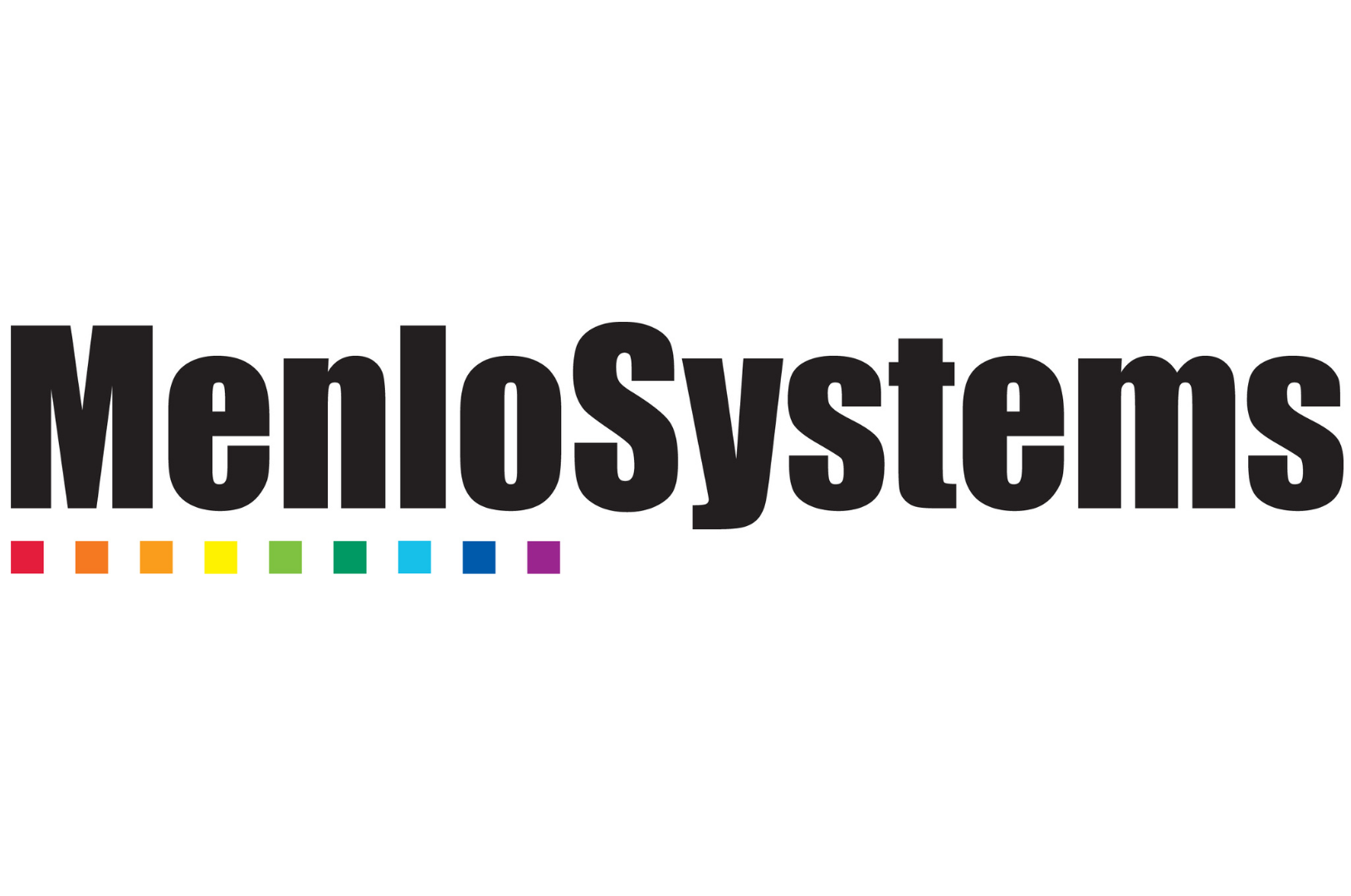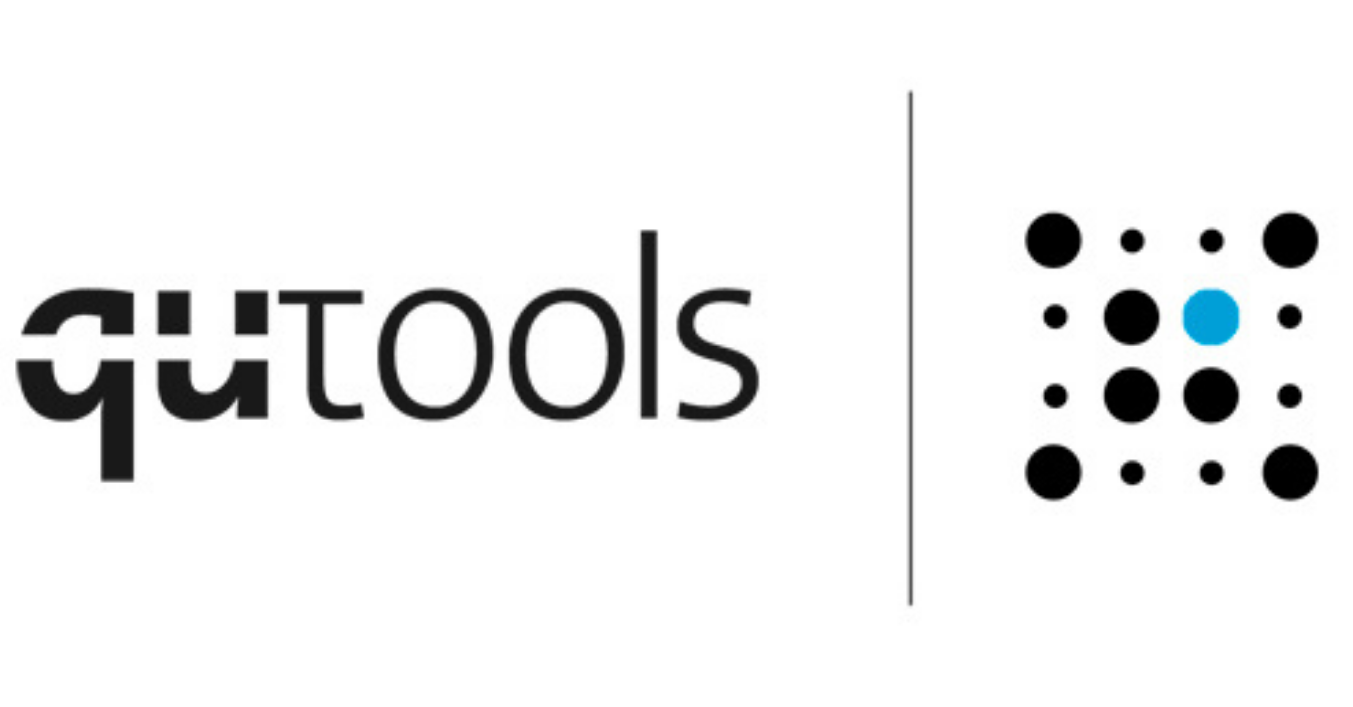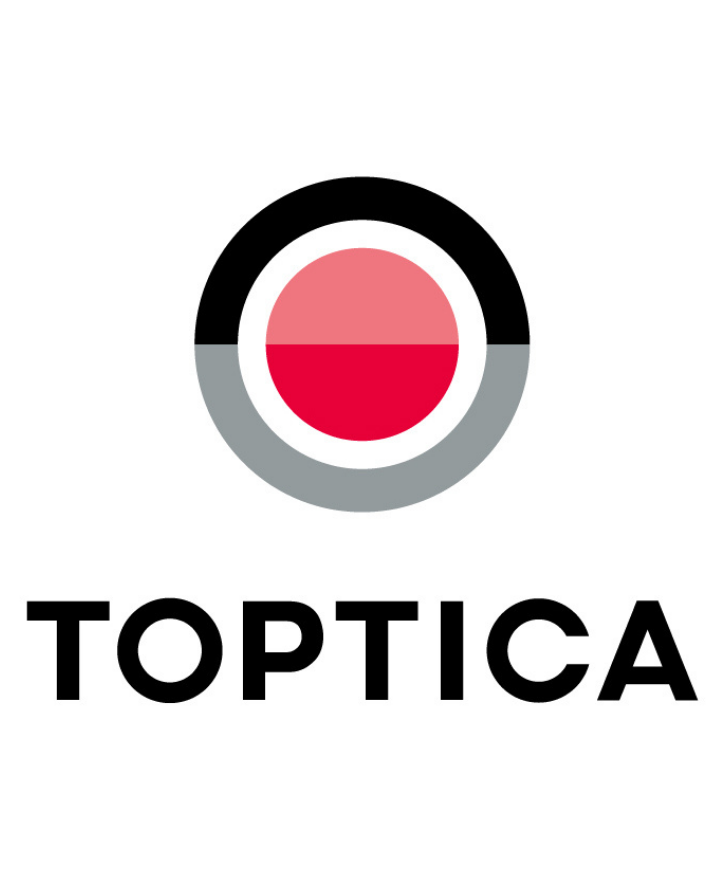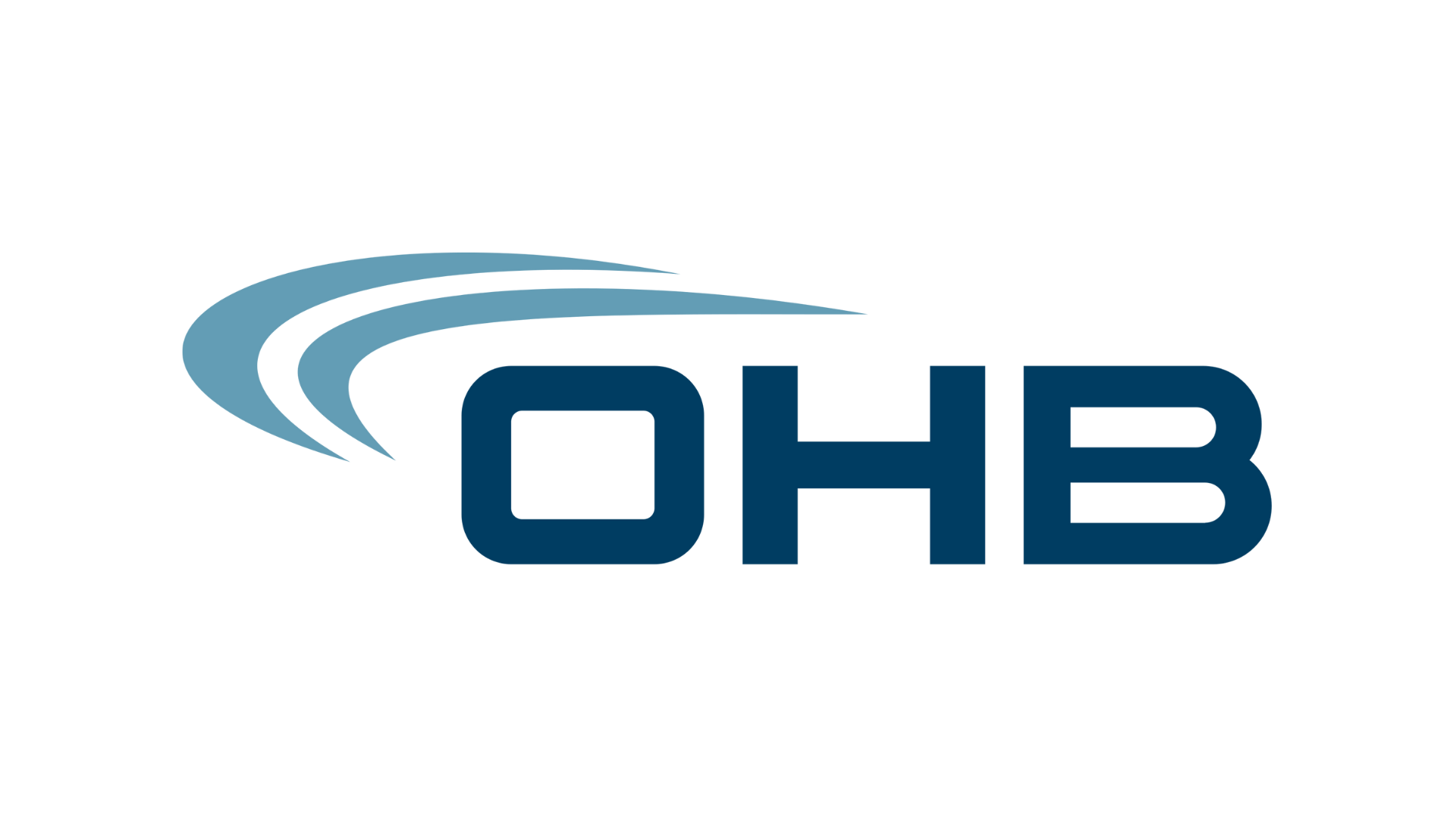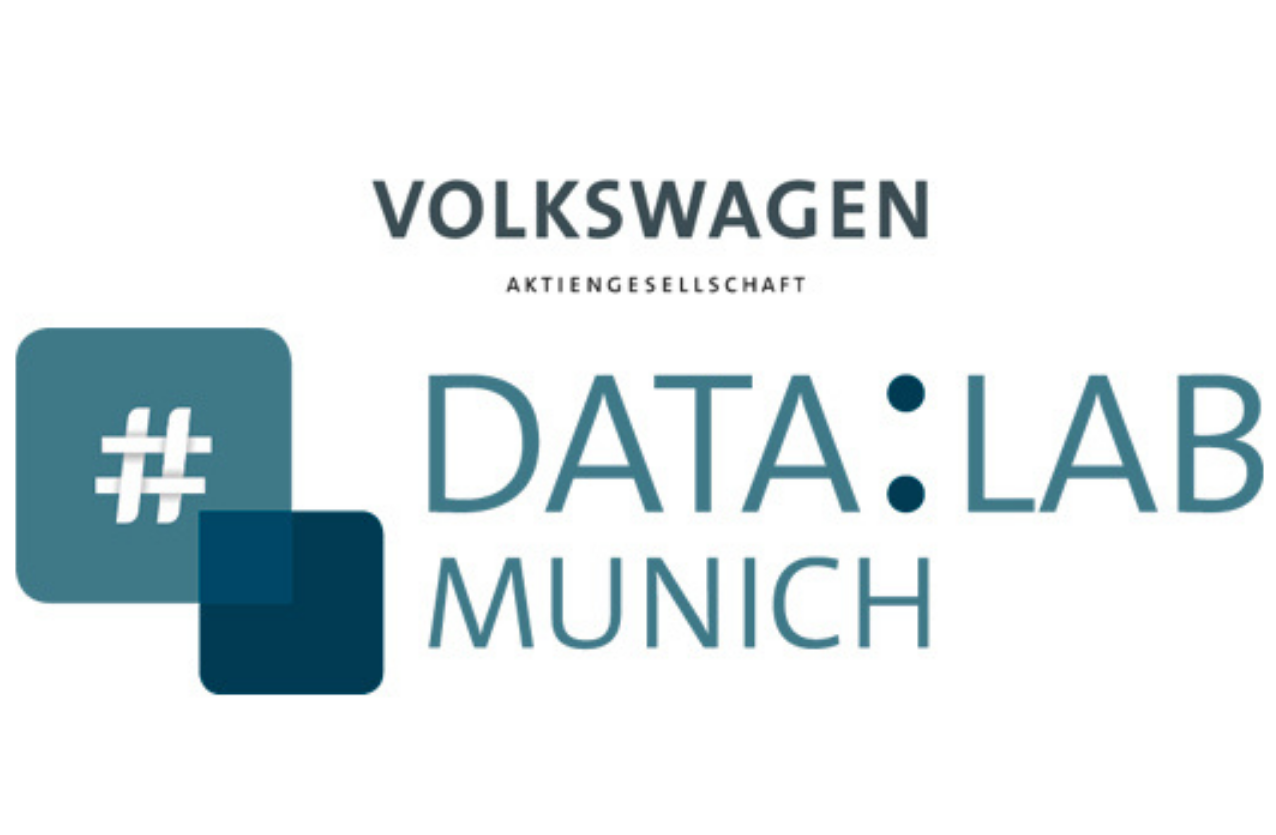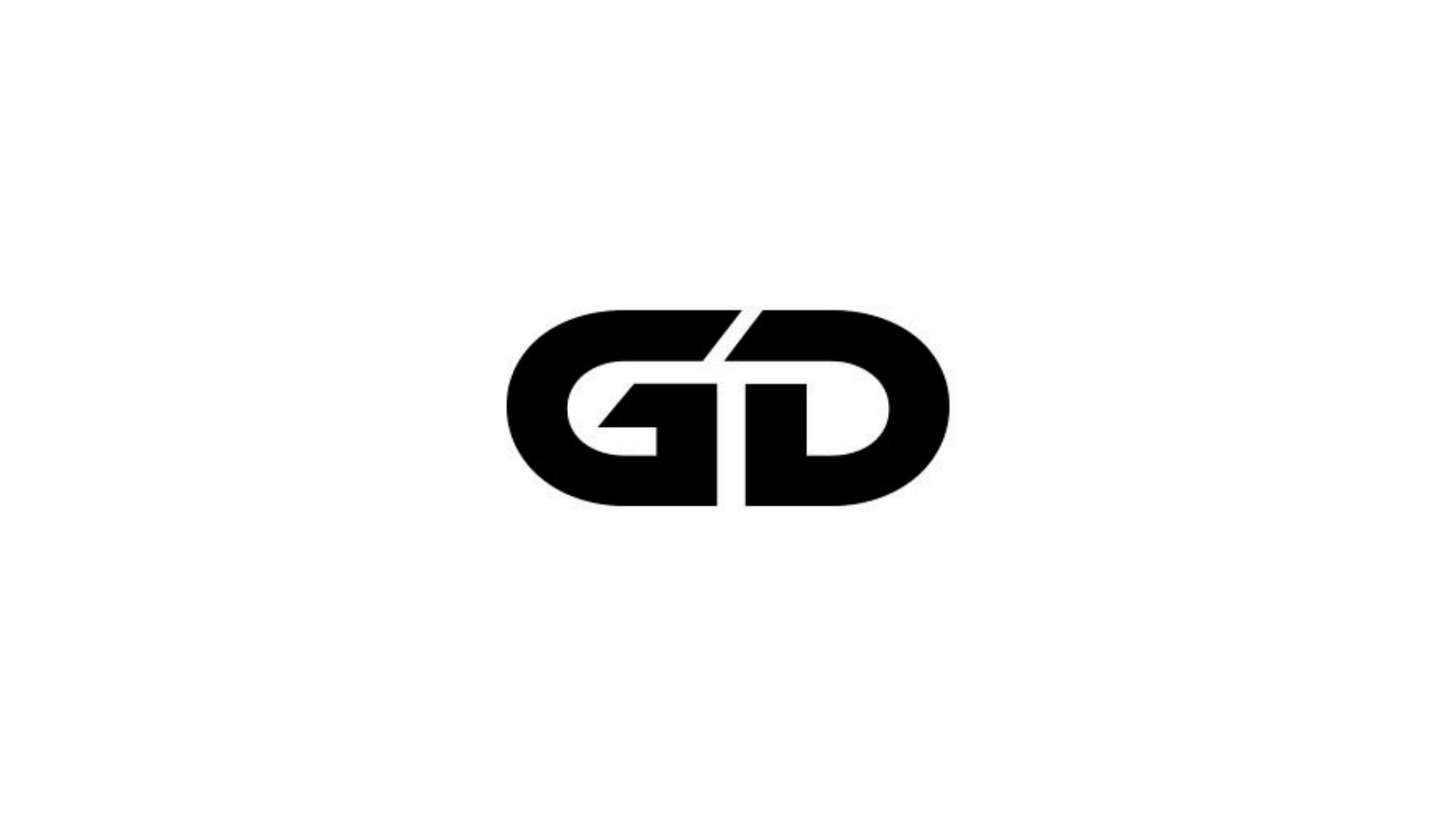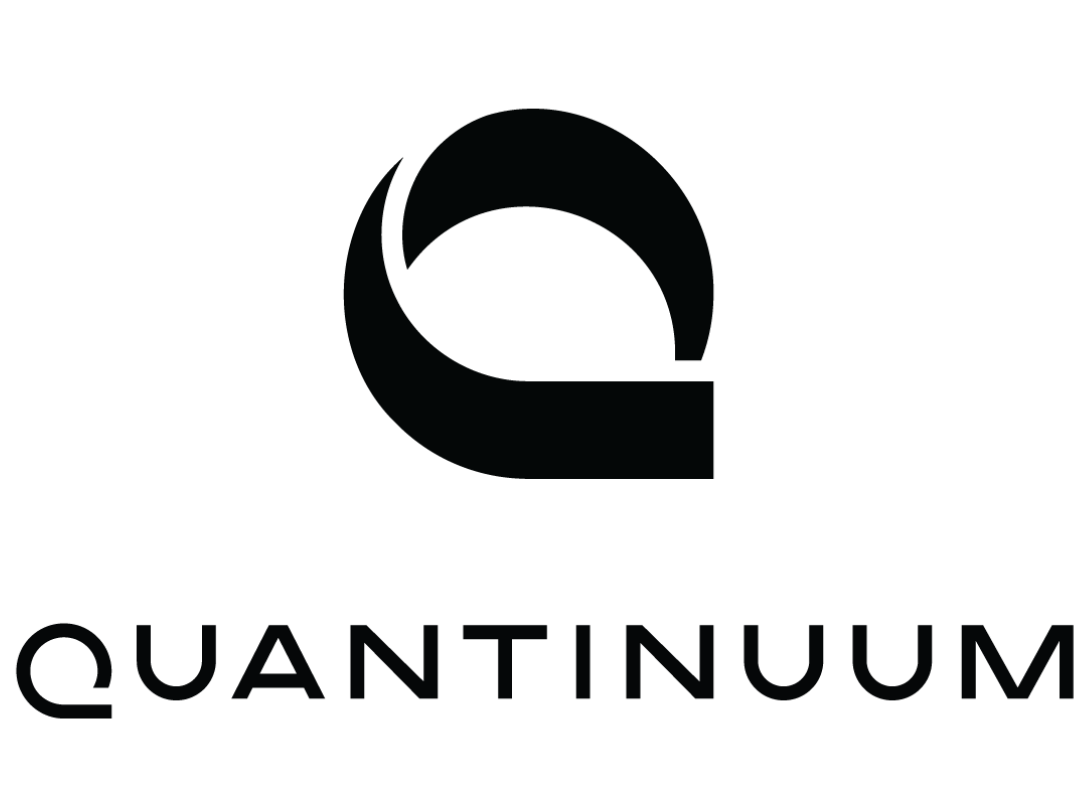QL3: Quantum LifeLong Learning
A project of the Munich universities for the development of a structured education and training program in quantum technology
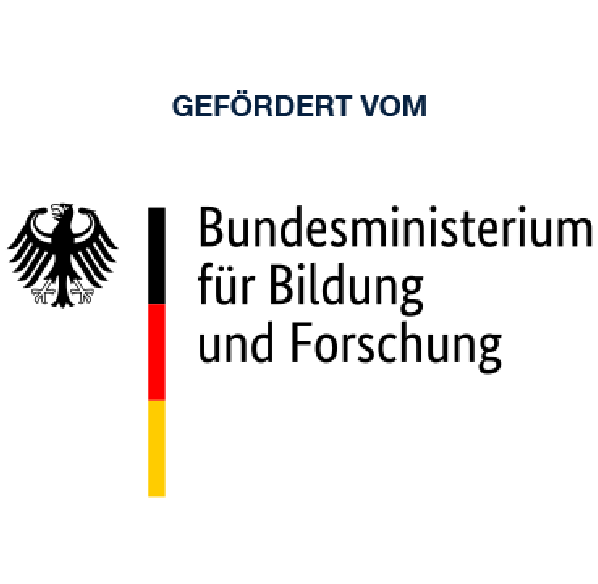
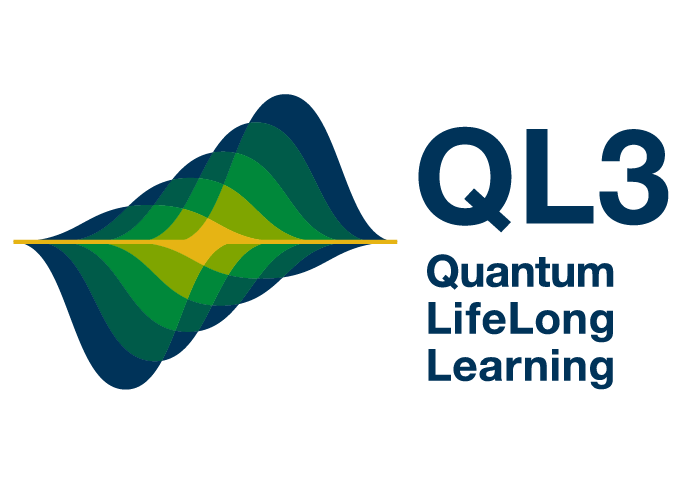
More about the project
Funding
Project duration
End: 31 December 2024
Objective
Project coordination
Current program
Quantum Technologies – Overview Course for Managers and Leaders
The one-day on-site overview course ‘Quantum Technologies’ introduces quantum sensing, quantum communication, quantum simulation, and quantum computation technologies to executives and experts in the industry.
Image: @ MQV | Mikka Stampa
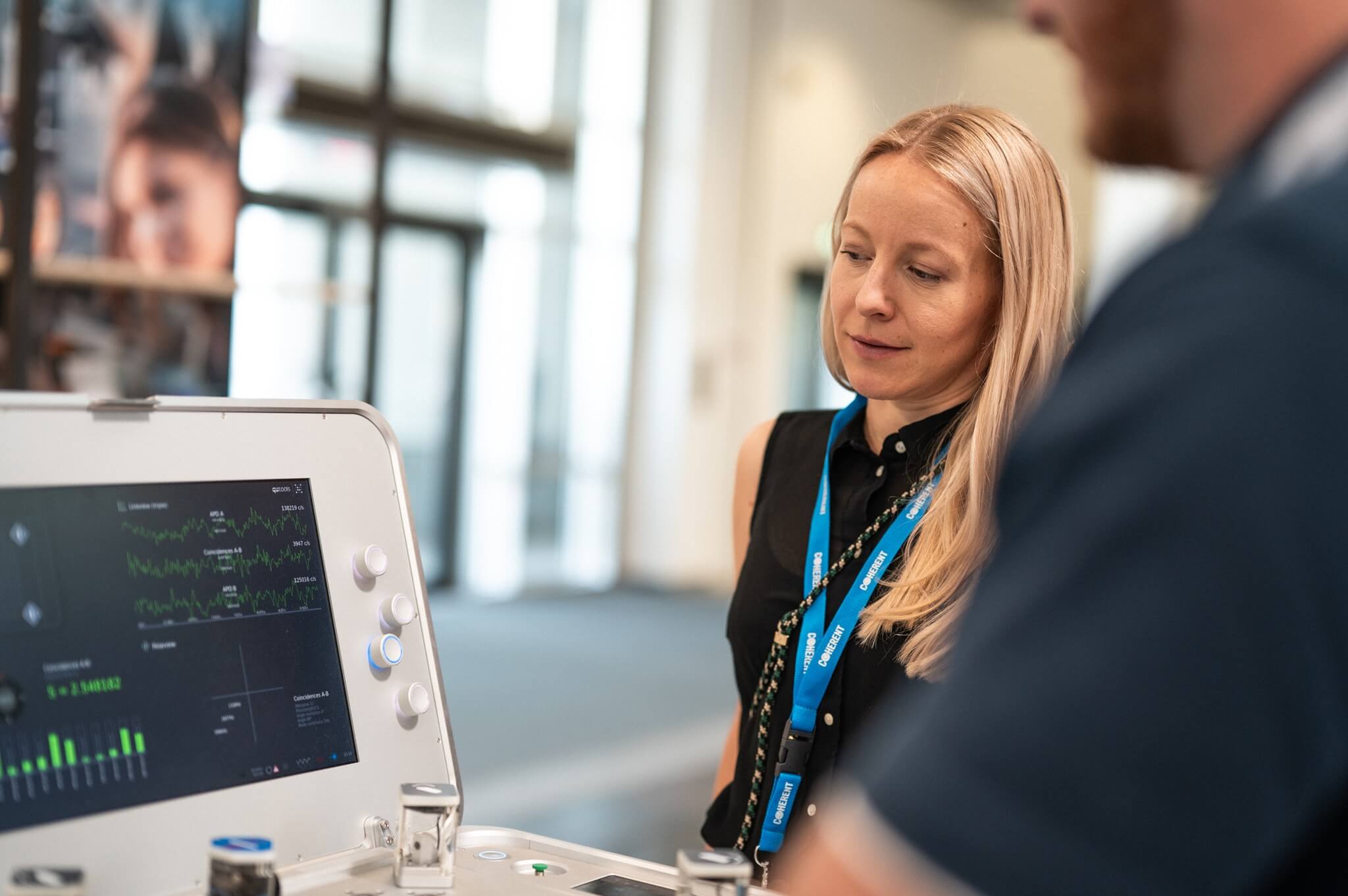
University project partner
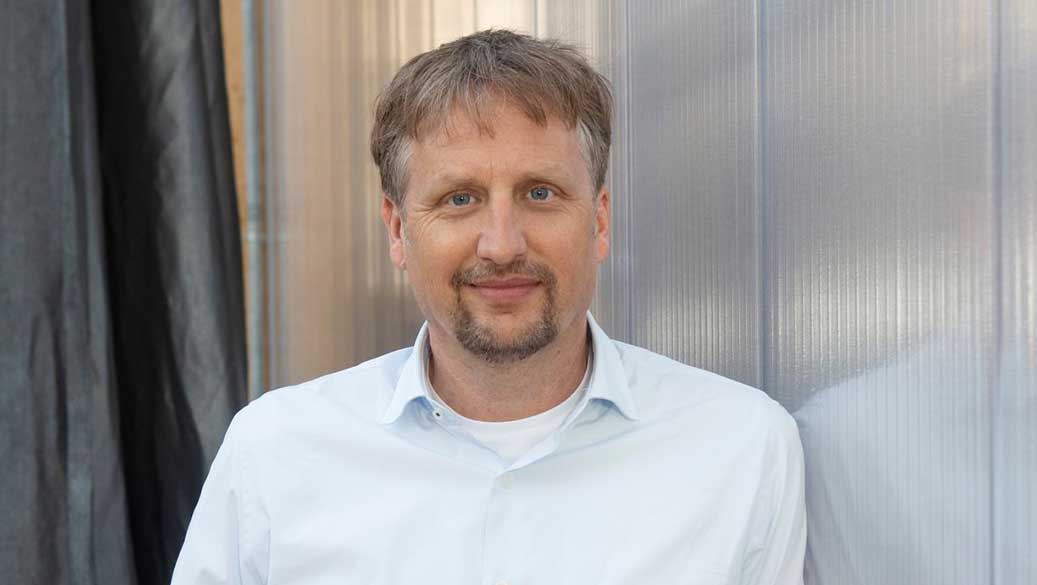
Technical University of Munich & TUM Institute for LifeLong Learning
The Technical University of Munich is one of the strongest research universities in Europe. TUM acts as an entrepreneurial university that promotes talent and creates added value for society. In doing so, it benefits from strong partners in science and business. The sub-project QL3-TUM focuses on the communication between experimentally oriented, cutting-edge research on quantum technology and specialists and managers from the economy.
The TUM Institute for LifeLong Learning aims to promote continuous, scientifically-based advanced training for international professionals at all career levels from science, business and society in specialist and interdisciplinary areas such as management and leadership.
Academic responsibility: Prof. Dr. Alexander Holleitner, Walter Schottky Institute and Physics Department, Chair & Center for Nanotechnology and Nanomaterials, Technical University of Munich
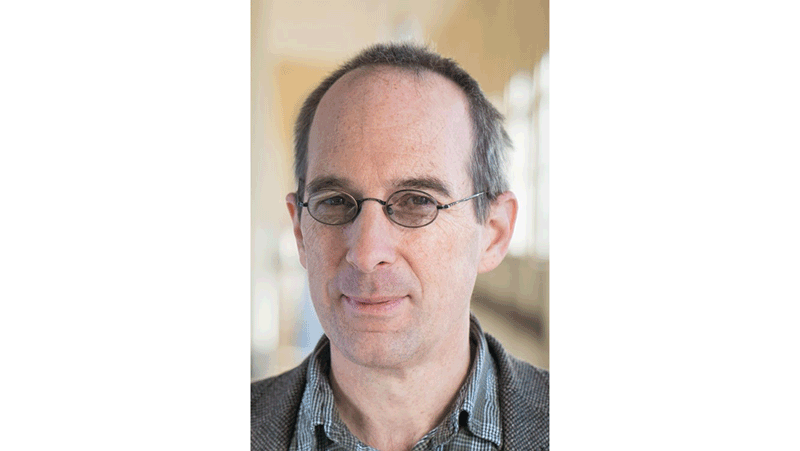
Ludwig-Maximilians-University Munich
The LMU is one of the most renowned universities in Europe. It stands for excellent research combined with an ambitious range of courses – from the humanities and cultural sciences to law, economics, and social sciences to medicine and the natural sciences. The sub-project QL3-LMU focuses on imparting theoretical content from the field of quantum technology to specialists and managers from the economy.
Academic responsibility: Prof. Dr. Jan von Delft, Chair for Theoretical Solid State Physics, Department of Physics, Ludwig-Maximilians-Universität München
Industry project partner
Past programs
Foundations of Quantum Physics & Information: A Training for Scientists

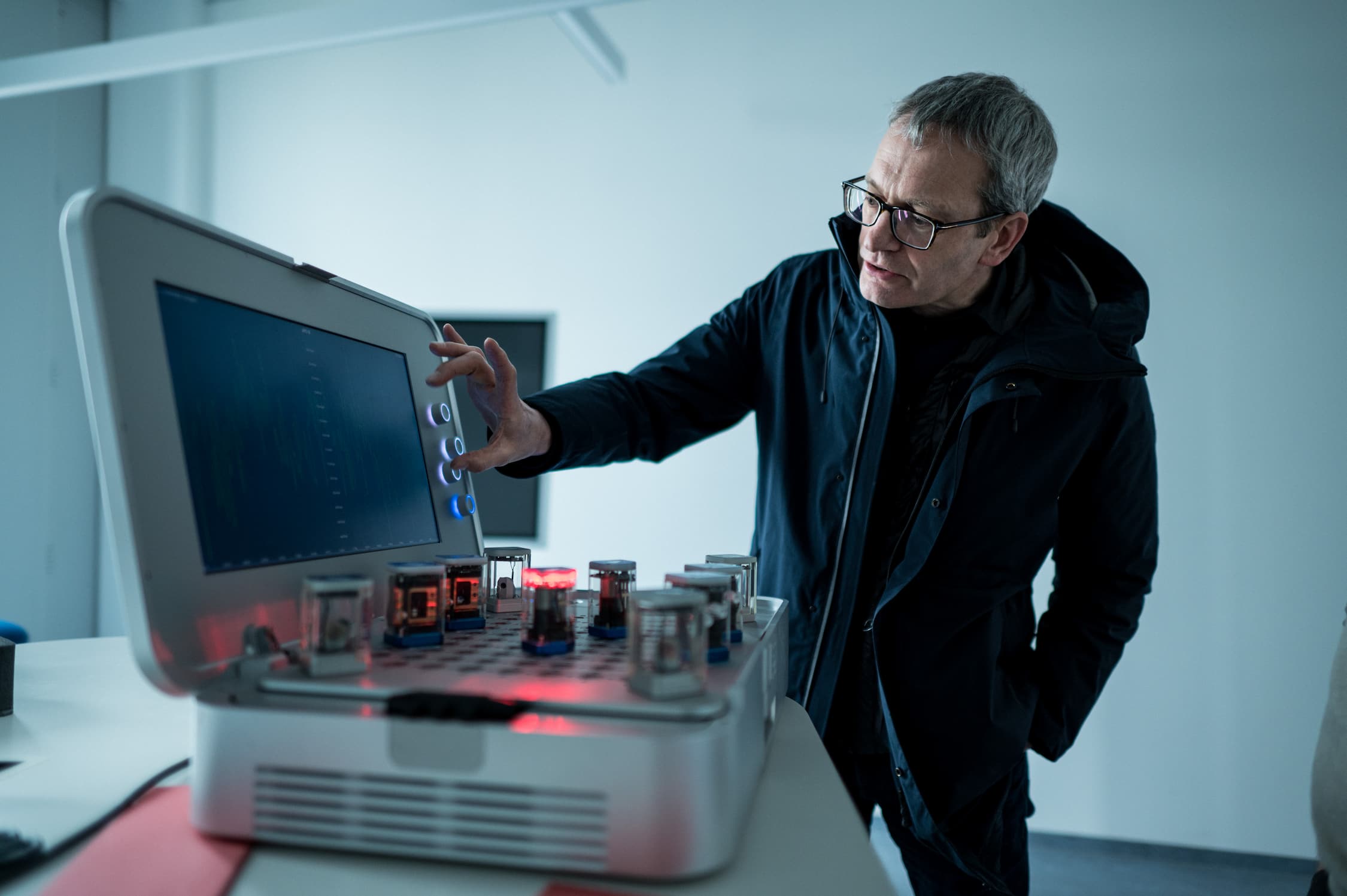
Quantum Computing for Engineers and Scientists
Participants will gain a solid foundation in quantum information science and a deeper understanding of the capabilities and limitations of quantum computing.
Image: @ MQV | Mikka Stampa
Quantum Technologies Deep Dive
Participants can choose between different modules depending on their area of interest. The basic module introduces the basic principles of quantum science, whereas the quantum computing, communication, and sensing modules give insight into the state-of-the-art and future prospects of the respective technology and explore exemplary use cases.
Image: @ MQV | Mikka Stampa
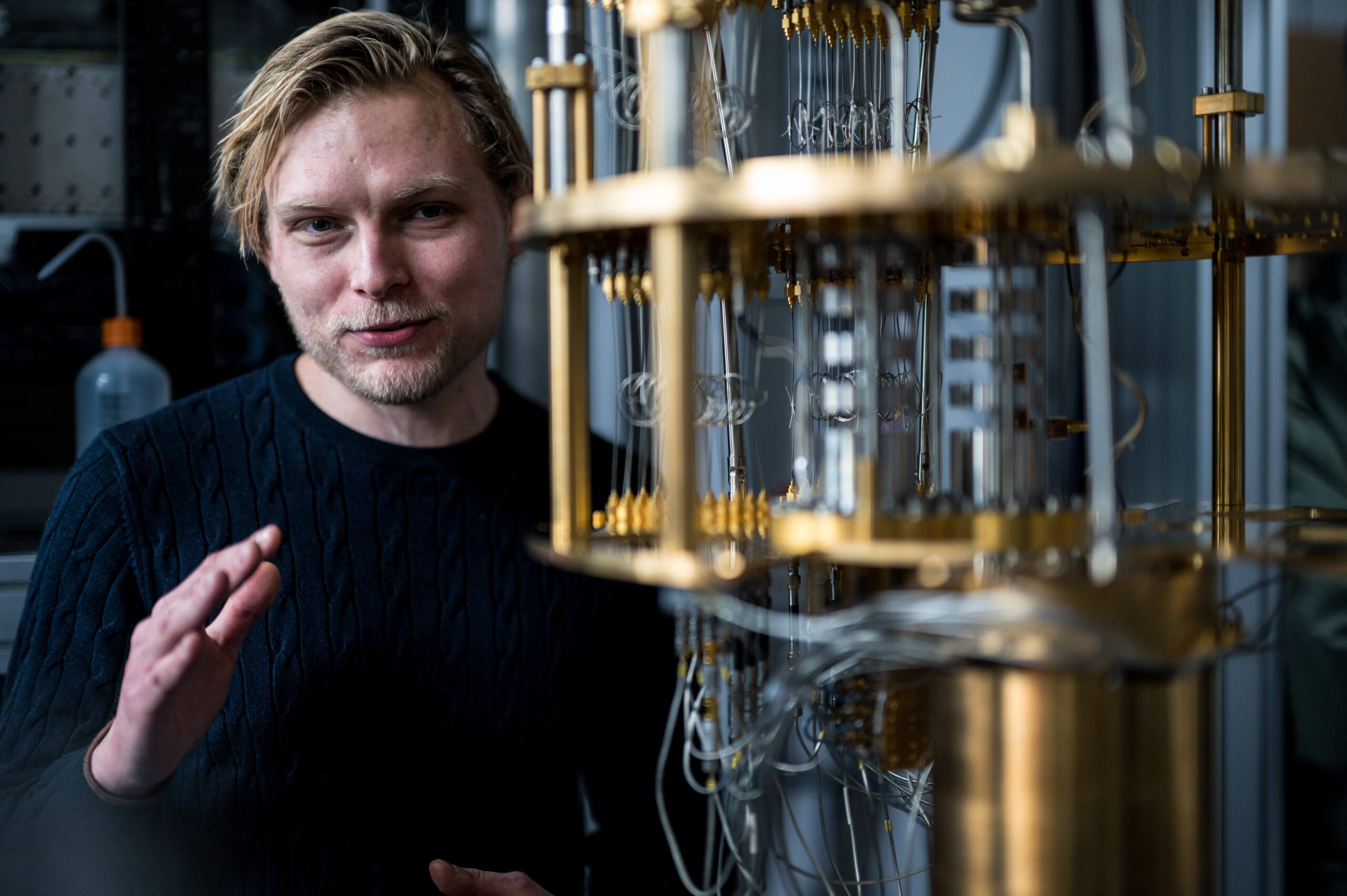
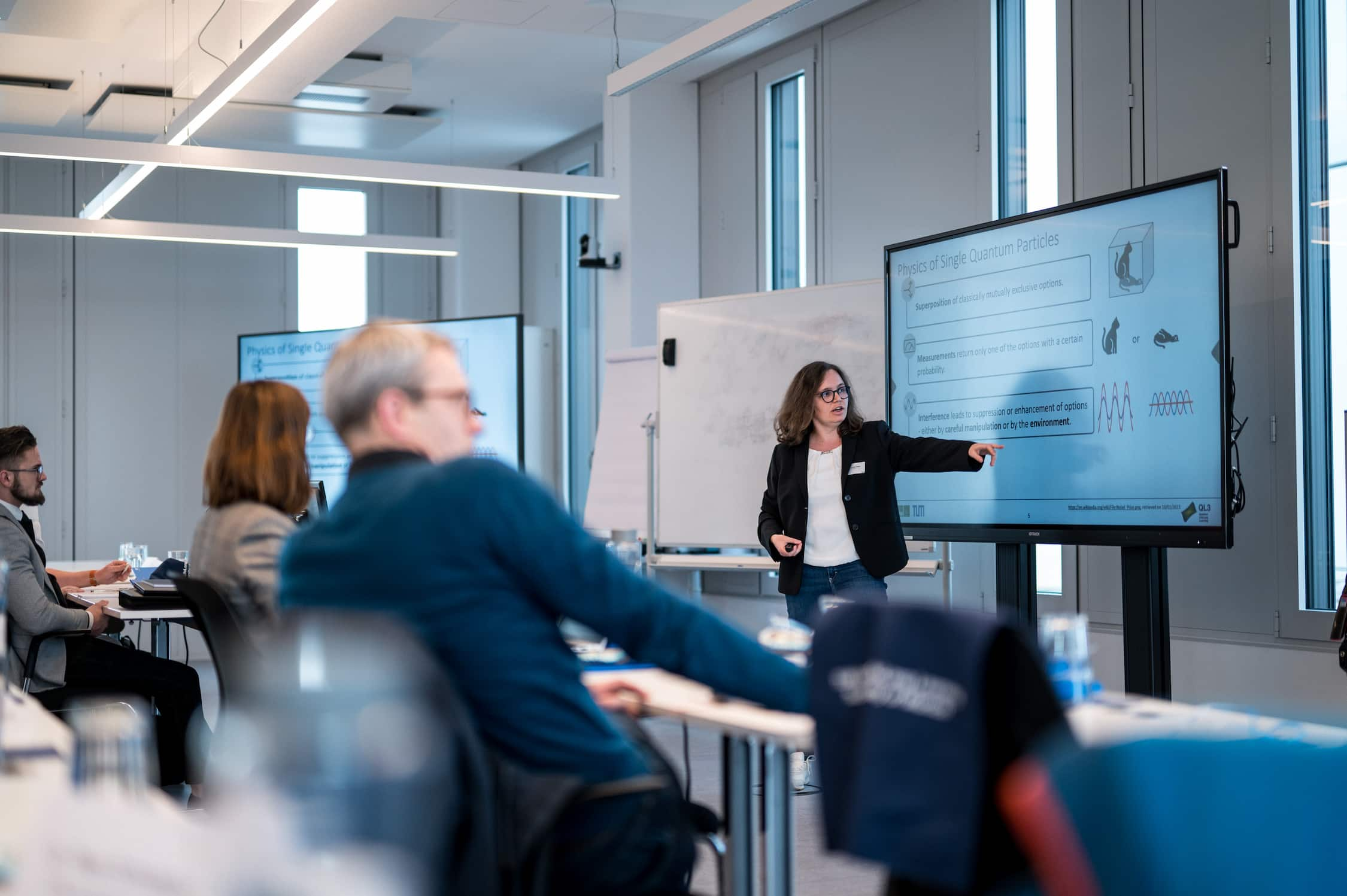
Fault-Tolerant Quantum Computing: From Fundamentals to Advanced Concepts and Algorithms
The program offers an in-depth introduction to fault-tolerant quantum computing, beginning with basics like quantum error correction and stabilizer codes. It then progresses to advanced algorithms, such as quantum signal processing, and covers the practical implications of fault-tolerant algorithms. The course keeps participants updated with the latest developments.
Image: @ MQV | Mikka Stampa
Introductory Course Quantum Computing
This blended program introduces the phenomena and mathematical description of quantum mechanics and their application to quantum computing. Tailor-made for professionals from industry with no prior experience in quantum technologies by combining evidence-based theoretical and practical input.
Image: @ MCQST Cluster | Christoph Hohmann

Relevance of Quantum Technology
So far, however, specialist knowledge has only been conveyed at ad-hoc events or lectures. There is no structured, scientifically founded, and practice-oriented further education. However, it is only through this targeted further training in the field of quantum technology that specialists and executives can recognize the specific potential of their company and run projects successfully in the long term. The opportunity to build up this key knowledge with experts firmly established in their professional lives does not yet exist. That is why the QL3 project relies on extra-occupational training programs that release the enormous theoretical knowledge of top researchers directly in practice.
You are currently viewing a placeholder content from Facebook. To access the actual content, click the button below. Please note that doing so will share data with third-party providers.
More InformationYou need to load content from reCAPTCHA to submit the form. Please note that doing so will share data with third-party providers.
More InformationYou are currently viewing a placeholder content from reCAPTCHA. To access the actual content, click the button below. Please note that doing so will share data with third-party providers.
More InformationYou are currently viewing a placeholder content from Instagram. To access the actual content, click the button below. Please note that doing so will share data with third-party providers.
More InformationYou are currently viewing a placeholder content from Google Maps. To access the actual content, click the button below. Please note that doing so will share data with third-party providers.
More InformationYou are currently viewing a placeholder content from Mapbox. To access the actual content, click the button below. Please note that doing so will share data with third-party providers.
More InformationYou are currently viewing a placeholder content from OpenStreetMap. To access the actual content, click the button below. Please note that doing so will share data with third-party providers.
More InformationYou are currently viewing a placeholder content from X. To access the actual content, click the button below. Please note that doing so will share data with third-party providers.
More Information
